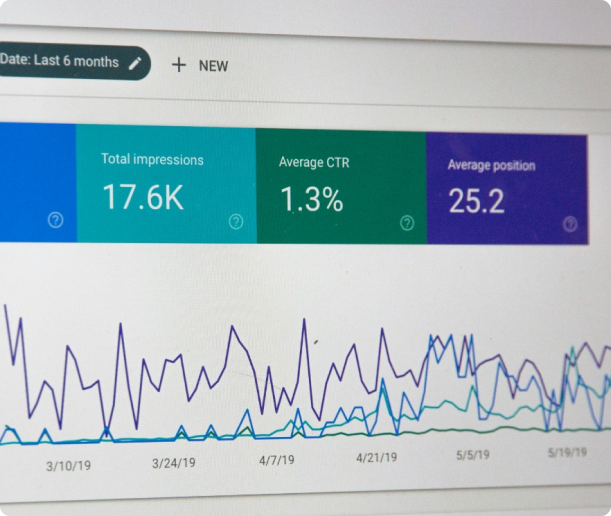
Our Hyperlocal marketing focuses on reaching a highly specific, localized audience, typically within a very narrow geographic area, such as a neighborhood or community. This approach aims to connect businesses with potential customers in their immediate vicinity. This leverages the unique characteristics and needs of a particular area, emphasizing a deep understanding of local preferences, trends, and community dynamics.

Capricorncorp offers the best SEO Solutions. We help you in Identifying and targeting specific keywords that potential users might enter into search engines when looking for information related to a business, product, or service. Optimizing online presence to improve visibility in local search results, including the setup and optimization of Google My Business profiles.

Our content marketing strategies focus on creating and distributing valuable, relevant, and consistent content to attract and engage a target audience. The primary goal of content marketing is to establish trust, build brand awareness, and nurture customer relationships. Instead of explicitly promoting products or services, content marketing aims to provide information, solve problems, and deliver value to the audience.

Capricorncop’s Email marketing strategy involves sending emails to a group of people or a targeted audience with the goal of promoting products or services, building relationships, and engaging customers. It is a direct and cost-effective communication method that allows businesses to connect with their audience in a personalized way.

Pay-Per-Click (PPC) advertising is a digital marketing model where advertisers pay a fee each time their ad is clicked. It’s a way to buy visits to a website rather than earning them organically. PPC ads can appear on search engines, social media platforms, or other websites, and advertisers bid on keywords or specific target audiences to have their ads displayed to users.

In the context of digital marketing, web design and development play crucial roles in creating a strong online presence and enhancing the overall user experience.
Web design focuses on creating an intuitive and visually appealing user interface. This is vital for digital marketing because a well-designed website enhances the overall user experience, which can positively impact conversion rates. Clear navigation, compelling visuals, and user-friendly layouts contribute to effective digital marketing strategies. Web design and development are integral components of digital marketing. They provide the foundation for effective online communication, user engagement, and conversion optimization, ultimately supporting the success of digital marketing strategies.

Conversion Rate Optimization (CRO) is the systematic process of improving the percentage of website visitors who take a desired action, such as making a purchase, signing up for a newsletter, filling out a form, or any other action that aligns with the website’s goals.

Online Reputation Management (ORM) is a strategy that involves monitoring, influencing, and managing the online reputation of an individual, brand, business, or organization. The goal is to shape public perception and maintain a positive online image.

Social Media Marketing
Capricorncorp’s Social Media Marketing service involves using social media platforms to connect with an audience, build brand awareness, drive website traffic, and promote products or services. Social media has become a powerful tool for businesses to engage with their target audience on platforms where they spend a significant amount of time.
Key components of Social Media Marketing include:-